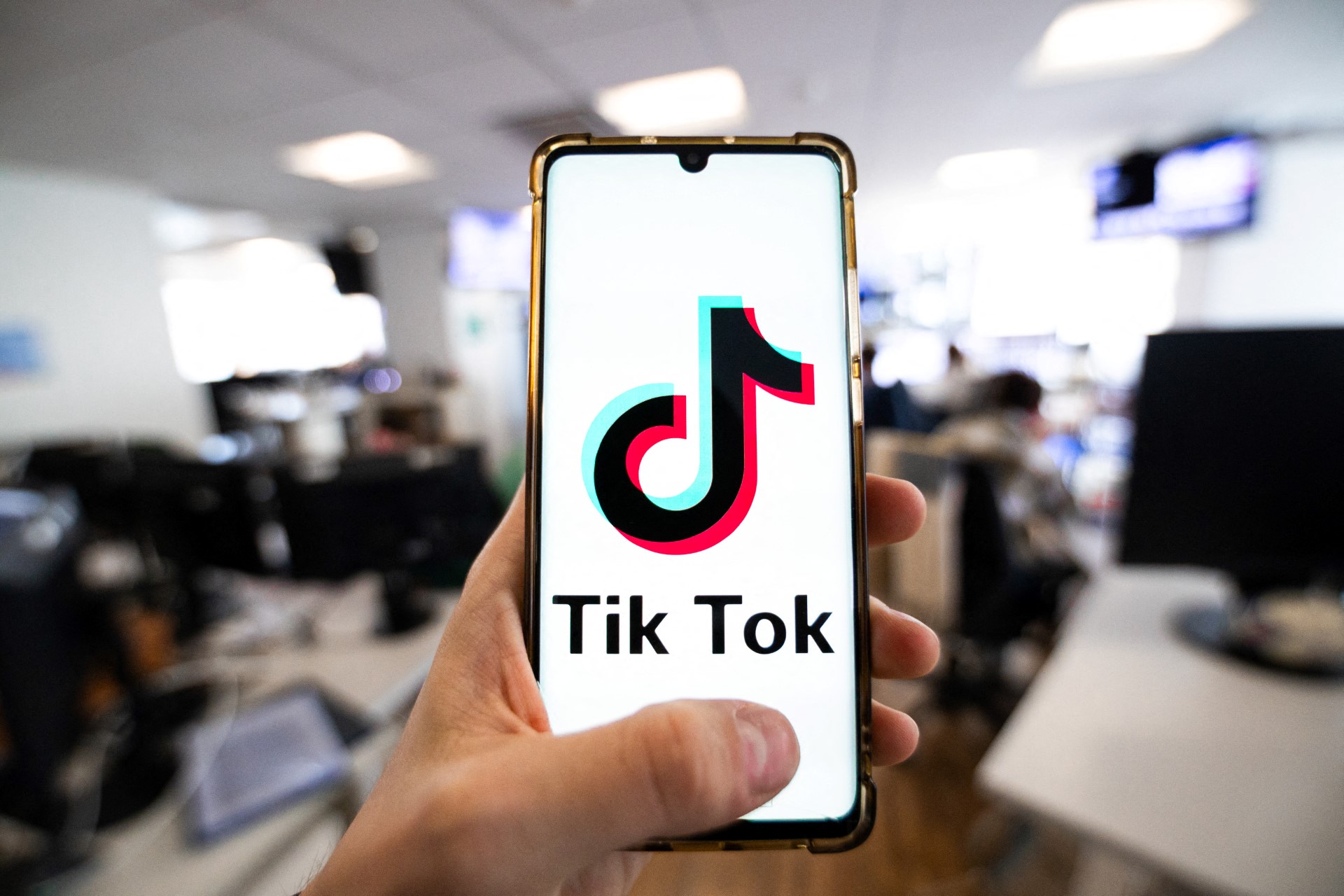San Francisco, United States – The Justice Department late Friday filed its response to TikTok’s civil suit aimed at derailing a law that would force the app to be sold or face a US ban.
TikTok’s suit in a Washington federal court argues that the law violates First Amendment rights of free speech.
The US response counters that the law addresses national security concerns, not speech, and that TikTok’s Chinese parent company ByteDance is not able to claim First Amendment rights here.
The filing details concerns that ByteDance could, and would, comply with Chinese government demands for data about US users or yield to pressure to censor or promote content on the platform, senior justice department officials said in a briefing.
“The goal of this law is to ensure that young people, old people and everyone in between is able to use the platform in a safe manner,” a senior justice department official said.
“And to use it in a way confident that their data is not ultimately going back to the Chinese government and what they’re watching is not being directed by or censored by the Chinese government.”
The response argues that the law’s focus on foreign ownership of TikTok takes it out of the realm of the First Amendment.
US intelligence agencies are concerned that China can “weaponize” mobile apps, justice department officials said.
“It’s clear that the Chinese government has for years been pursuing large, structured datasets of Americans through all sorts of manner, including malicious cyber activity; including efforts to buy that data from data brokers and others, and including efforts to build sophisticated AI models that can utilize that data,” a senior justice department official said.
TikTok has said the demanded divestiture is “simply not possible” — and not on the timeline required.
The bill signed by President Joe Biden early this year set a mid-January 2025 deadline for TikTok to find a non-Chinese buyer or face a US ban.
The White House can extend the deadline by 90 days.
“For the first time in history, Congress has enacted a law that subjects a single, named speech platform to a permanent, nationwide ban, and bars every American from participating in a unique online community with more than one billion people worldwide,” said the suit by TikTok and ByteDance.
TikTok shutdown?
ByteDance has said it has no plans to sell TikTok, leaving the lawsuit, which will likely go to the US Supreme Court, as its only option to avoid a ban.
“There is no question: the Act will force a shutdown of TikTok by January 19, 2025,” the lawsuit said, “silencing (those) who use the platform to communicate in ways that cannot be replicated elsewhere.”
TikTok first found itself in the crosshairs of former president Donald Trump’s administration, which tried unsuccessfully to ban it.
That effort got bogged down in the courts when a federal judge temporarily blocked Trump’s attempt, saying the reasons for banning the app were likely overstated and that free speech rights were in jeopardy.
The new effort signed by Biden was designed to overcome the same legal headaches, and some experts believe the US Supreme Court could be open to allowing national security considerations to outweigh free speech protection.
“We view the statute as a game changer from the arguments that were in play back in 2020,” a senior justice department official said.
There are serious doubts that any buyer could emerge to purchase TikTok even if ByteDance would agree to the request.
Big tech’s usual suspects, such as Facebook parent Meta or YouTube’s Google, will likely be barred from snapping up TikTok over antitrust concerns, and others could not afford one of the world’s most successful apps used by about 170 million people in the United States alone.








